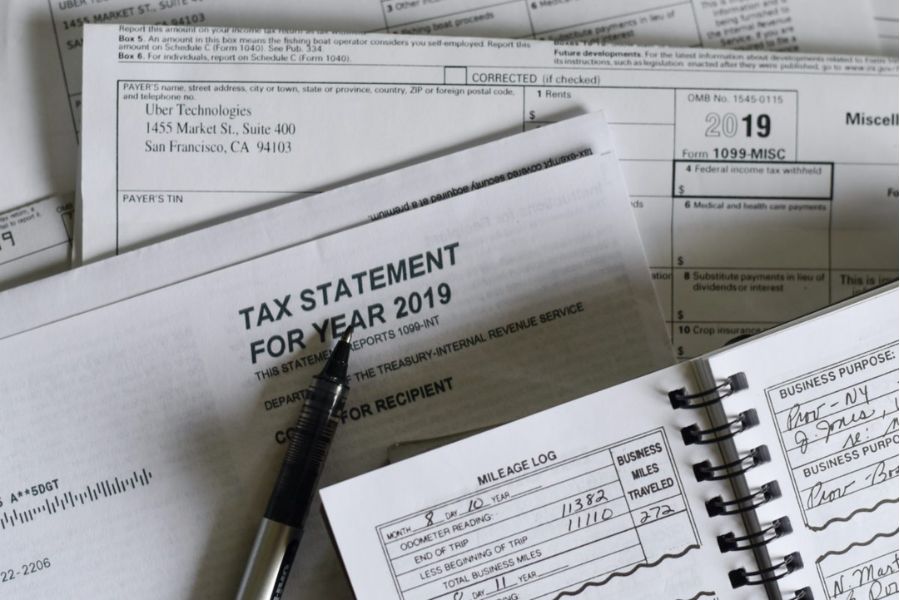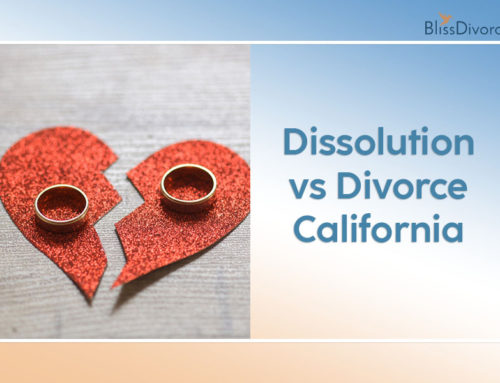In a divorce, everyone walks away with fewer assets and less property than they had beforehand. If you go to court, the process can also be quite costly. You may be wondering if there are any tax breaks that you and your spouse can take advantage of. Here is what you need to know.
Property Transfers
There are some tax breaks to be aware of if you transfer property from one spouse to another as a part of your divorce settlement.
- There is no tax on the transfer as long as you make the transfer within six years.
- The spouse who receives the property must use the tax basis (or the depreciated value of the property) from before the transfer.
If you transfer property more than six years after the divorce, or if your divorce agreement doesn’t include the transfer, then you’ll have to pay capital gains tax on the property transfer.
Even after your six years are up, if you can prove to the IRS that the transfer was a part of the division of property in your divorce, you can still take advantage of the tax break.
Child Support
There are no tax consequences for child support. That’s good news if you happen to be the one receiving the payments. However, the person paying can’t claim these payments as a deduction.

Source: shutterstock.com / Photo Contributor: Andrey_Popov
Spousal Support
Spousal support agreements or court orders after January 1, 2019, are treated in a similar way to child support.
- The payer doesn’t get to deduct payments.
- The receiver doesn’t pay taxes on payments.
Spousal support agreements dated January 1, 2019 or earlier follow different rules.
- Payments are deductible.
- The spouse who receives the payments has to pay income tax on them.
Keeping these tax facts in mind can help you to understand your divorce agreement better, anticipate the consequences, and help you reach a more equitable arrangement with your spouse.
*This article is for informational purposes only and is not intended to provide legal advice. If you require legal advice, please contact a licensed attorney in your local area.




